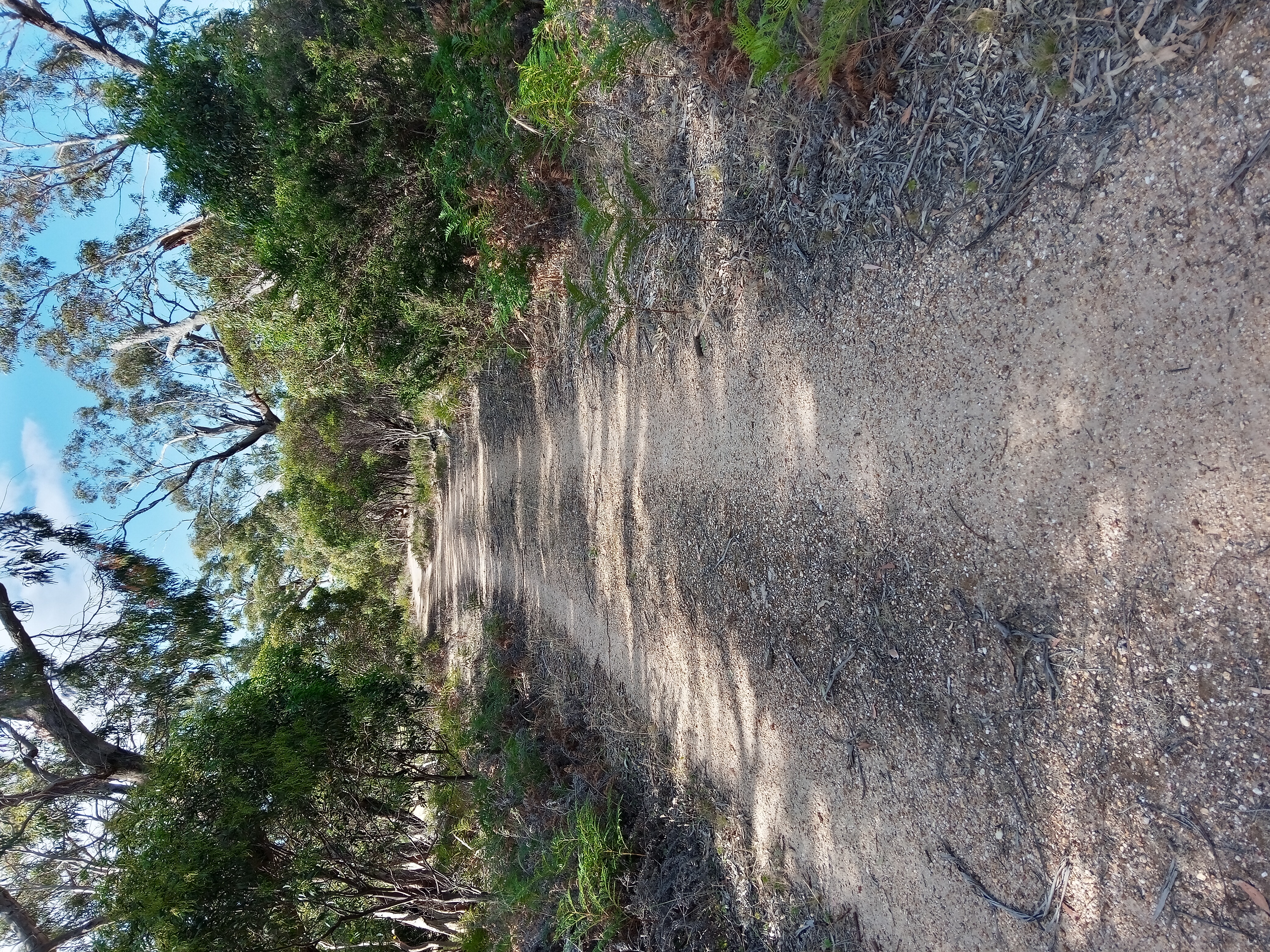A comment on:
The Influence of Religion
Find out about
and note:
Downloads are available
xxx

| |
Workstyle A5 size, 202 pgs
Bethany
A5 size, 115 pgs
1. A Line of Logic
A5 size, 139 pgs
2. Value Frameworks
A5 size, 237 pgs
3. Two World Views
A4 size, 63 pgs
4. Five Pivotal Texts
A4 size, 296 pgs
5. Translation Analysed
A4 size, 254 pgs
The site www.onbuildingasociety.org
presents a series of workshops on the RealitySearch analysis.
There is also some reference here to the Catholic based Business organisation of UNIAPAC.
www.valuesclarification.org presents the same workshops as
onbuilding..., but
with links back to the source documents, that is, the analysed gospels.

|
PowerPoints
8 workshops
Gospel of Mark
Animated workshops
Gospel of Matthew
Animated workshops
Animated Workshops Downloads re Mark, Matthew, Luke, Acts, John
|
Gospel of the Day
Reality Search -
All pages of the gospel of Mark, Matthew,Luke,Acts and John
Some Gospel Pictures
|
Project Employment Inc |
the writer
Project Employment Inc
Melbourne Australia 3020
ABN 39 566 577 931
tel 03 9311 5352
email:admin01@realitysearch.com.au

|
|
As more archaeology and doctrinal evidence shows, there was a "massive" influence of Hellenism on first Century Palestine. Such
influence went back about 300 years. So by the time of the Gospel writers there had been a long intermingling of the Judaic and
Greek cultures. Judaism for instance did not have its own architectural heritage so such places as the Jerusalem temple
and synagogues were based on Hellenistic (Greek-inspired) models. The Jews wore similar clothes, were organised cf
the Sanhedrin, on similar lines. They used similar money, had a similar education, celebrated festivals at similar times and, according to funerary evidence,
many of them spoke Greek. Certainly Jews living outside Palestine spoke Greek. However this did not mean the Jews forfeited
their own spiritual heritage of the Old Testament.
In fact in distinguishing their identity they used
Greek social models and Greek techniques of rationalism. The monks at Qumran for
instance had many similarities with Hellenism that were not found in mainstream Judaism. But they used the flexibility
of these Hellenistic models to assert themselves as being more "Jewish" than anyone else.
Given such a historical and cultural background there is a weight of evidence to support a claim that when the gospel
writers came to record the life and meaning of Jesus they would use a Hellenistic approach in the overall organisation of their material.
There was a likelihood they set out their material in terms of simple, abstract, universal themes and definitive meanings that
would move logically from one point to the next.
It is believed the first gospel, that of Mark, was written around 70 C.E. when Jerusalem was being destroyed by the Roman army.
It was therefore more imperative than ever to clarify the merits and limitations of both social systems. Judaism
systems. Judaism was based on the moral law (and sense of time) and Hellenism was based on
|
rationalistic order (and the sense of place).
Why hasn't biblical scholarship picked up on a Hellenistic, underlying structure for the gospels? One reason may be that
the biblical
scholarship of the present day is very reliant for interpretation on historical critical exegesis. This method goes into the meaning of
single words and the historicity of particular situations. But the approach tends to overlook the extent
to which the environment of Palestine had already been shaped by Hellenism. Thus instead of acknowledging the complexity of a
"Hellenistic Palestine" (c/f Martin Hengels research), there is an assumption that Judaism and Hellenism were quite separate.
According to some biblical scholars, the "Hellenistic" approach that has been taken by the Reality Search analysis
"is based upon conjecture". But the details of the text fit far too neatly into this analysis for it to be
dismissed so easily.
Check out the credibility of the analysis for yourself at www.realityworkshops.org. Or, for a better look at the
analysed
textual detail buy some of the animated workshops at www.realityworkshops.com.
A more recent effort at clarification of the Reality Search analysis of the gospels is Is Christian Morality Unique?
Both Parts 1 and 2 have been completed and has been submitted and given an
Imprimatur
(meaning it is free of doctrinal or moral error). Part 1 actually uses historical critical exegesis to trace the
priority
given in early Christianity to the commandments of 'Thou shalt not kill, commit adultery or steal'. Today we label these
"problems" of social cohesion as "money, power and sex". Part 1 however, concludes that these morality concerns are
universal and they cut across all religions. Part 2 argues that it is actually the tension between the Judaic and
Hellenistic roots of Christianity that make its practice of these moral norms "unique".
Parts 1 and 2 have both been developed into workshops (available on this site). The more recent set of
workshops (for Part 1) is in the form of both PowerPoint/Videos and booklets based on these.
|
|